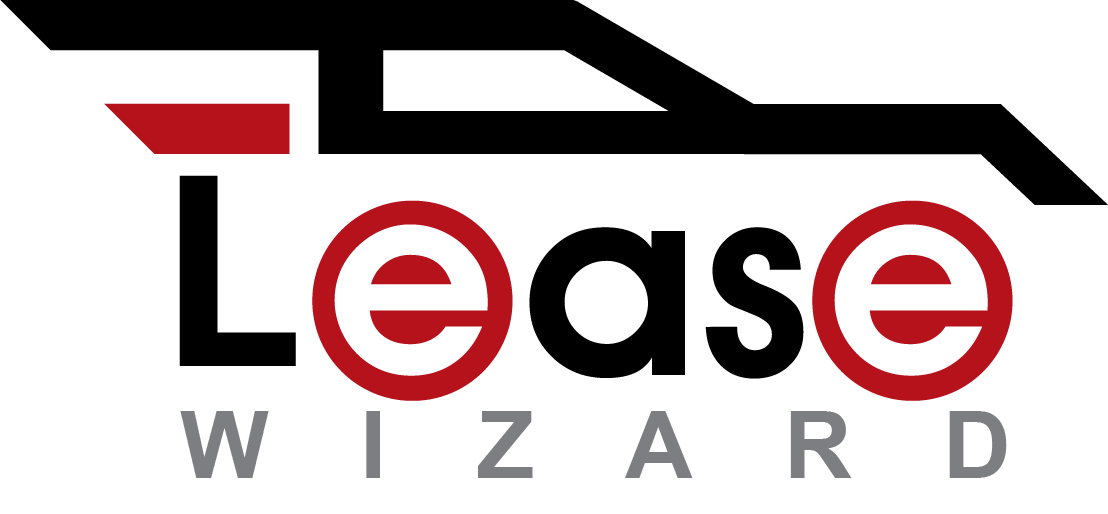**This post contains affiliate links and the publisher may be compensated if you make a purchase after clicking on these links.**
Recently we came across a statement that insurance is more expensive for a leased vehicle compared with a vehicle the driver owns. While there may be a few specific situations where this is the case, it’s generally not true, at least not anymore. But let’s look at the details a bit more…
Auto Insurance Overview
An auto insurance policy is usually made up of three types of coverage (at minimum):
- Liability Coverage
- Collision Coverage
- Comprehensive Coverage
Generally speaking your state will require you to have liability coverage, sometimes referred to as “proof of financial responsibility” that you must have before you can successfully register your vehicle. These limits vary by state, but this coverage is only to reimburse other people for medical bills and property damage caused by your driving. It will not provide coverage to fix your vehicle if you caused the accident.
This is what collision and comprehensive coverage is for: covering the costs to repair or replace your vehicle in the case of an accident you cause (collision) or if some other event causes loss or damage: car is stolen, car is damaged in a fire or flood, or tree falls on it, or what have you (all of these covered by your comprehensive coverage). The state DMV won’t force you to have collision or comprehensive coverage – it’s your choice to protect your property with insurance or not, the state only cares that you have insurance to protect other people that could be impacted by accidents you case. However, your lender or lessor almost definitely will require you to maintain collision and comprehensive coverage at all times. The reason why is because the lender/lessor has an interest in the vehicle, so they will require that it is protected – and that you pay for that protection by getting sufficient coverage.
Myth – Insuring a Leased Car is More Expensive
There are a couple of reasons usually stated when people say (inaccurately) that insurance on a leased car is more expensive than on a car that is owned and financed. These reasons make sense on the surface, but actually are incomplete or using incorrect logic.
First, any statistics on car insurance rates will show that average premiums are higher for people that lease than finance the purchase. But this is in aggregate and doesn’t account for the fact that most leases are for more expensive vehicles that can therefore suffer more expensive damage that so premiums will be higher. A specific driver getting insurance on a specific vehicle – whether it be a Nissan Versa or an Aston Martin Vantage or anything in between – will pay more for insurance for the Vantage than to insure the Versa, but that’s because it’s ten times the price, not because it’s a leased or a financed vehicle.
Second, the lender or lessor require the borrower/lessee to keep collision and comprehensive coverage because it insures their interest in the vehicle. So it would be a fair assumption that since the lender owns a part of the car (and the buyer has some equity) but the lessor owns the whole car and leases it to the lessee, that the insurance would be more. However, this assumption is incorrect. Both collision and comprehensive coverage are based on the whole vehicle value, regardless of who owns the vehicle.
Fact – Lessors (and Lenders) Have Limitations
, if you want more control to reduce your premiums by accepting a higher deductible than $1,000 you want to ensure that either a lessor or lender is going to accept that, and there will likely be fewer lessors willing to consider the request. The other area of coverage that lessors may be more interested than lenders is on the liability coverage limits. Most lessors match the lenders in requiring you to meet your state’s minimum. A few lessors, generally of high-end models, may have liability limits that are above the state minimums. Generally, consumers of these more expensive vehicles have more substantial personal assets to protect, and don’t really consider the state minimum liability coverage as a prudent financial decision anyway.
Wrap Up – Do Research and Ask Questions
Like most other things, it’s important to look past any generalities – “leased vehicles have more expensive insurance” into what items really do cause an impact, and how those items can impact your decision when buying or leasing a vehicle. Also, always remember, when getting a new vehicle its good to get multiple quotes on it, and also good to get insurance quotes every year or so – or more often if your life and financial situation changes – because you don’t want to have coverage that doesn’t meet your needs or at a price that is more than you deserve.
